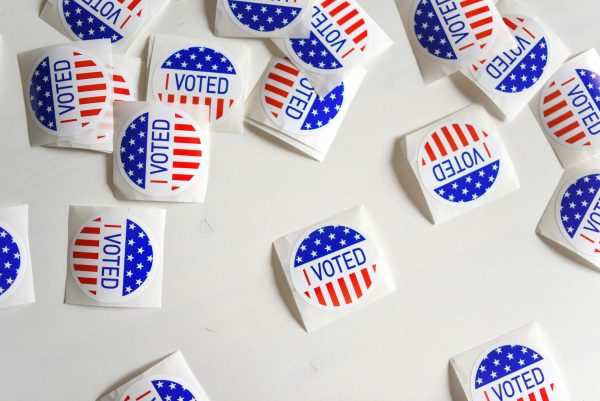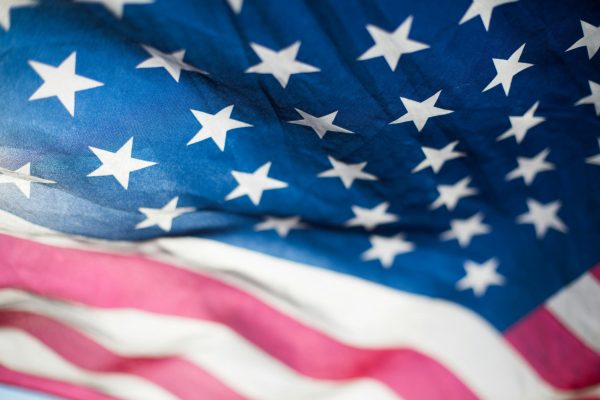ELHS’ Queer Youth Continue To Feel Unsafe At School: Here’s How You Can Help
When school started to return to some semblance of normality at the beginning of my junior year, I decided it was time to join a club.
Being a member of the LGBTQ+ community myself, the Gender Sexuality Alliance (GSA) stood out to me as a fulfilling opportunity.
I went to my first meeting, and, before any agenda items could be reached, the advisor went over the “group norms,” or the guidelines for behavior both in-and-outside-of the club.
“Respect people’s identities/pronouns/privacy (This includes being respectful and discrete outside of the club because you don’t know who people are out to or who knows what outside of the club).”
This seemed standard for a club of mostly queer kids. The advisor went on to elaborate that this means that some people have a different name and identity within the confines of this safe space, in comparison to the greater school and world outside.
She also explained that we shouldn’t mention another person’s membership in the club outside of its meetings. Everyone in the room nodded in agreement.
It was only recently that I thought critically about this rule.
Here were a group of underrepresented youth, meeting based only on the fact that they all shared the appellation “queer” or “LGBTQ,” who felt that, should they not be in this space that exists explicitly for them to live as their unabashed self, that their physical and social safety would be in danger.
It was an unspoken but universally accepted reality that many members of the club had to conceal their identities, or even membership in the club, as a means of protecting themselves.
Their fears are not unfounded
Human Rights Campaign (HRC) has reported an uptick in hate crimes against queer and gender non-conforming people every year for the last decade. Specifically, this violence has risen the most against transgender individuals.
Both HRC and PFLAG (an LGBTQ support organization) have noted that these troubling numbers aren’t even the full story.
Many queer individuals who are the victims of harassment tend to leave it unreported out of fear of retaliation or outing to their friends and family.
In 2018, HRC and UConn conducted a survey of over 12,000 queer teens. The survey found that only a quarter of them report feeling safe at school, and that 95 percent of them have trouble sleeping at night.
How can you help?
Respecting queer identities is the simple answer.
But to someone not familiar with what can feel like an intricate and tricky task, how do you ensure you’re addressing these identities respectfully?
I know it seems strange, but ask everyone you meet what their pronouns are.
Most will respond with the pronouns you expect, which are the pronouns that match their gender identity that matches their sex at birth. But someone, at some point, will be infinitely grateful at that little question.
The question itself indicates to any closeted youth that your presence can be trusted. What is a minor inconvenience to you will fulfill someone’s entire week.
Furthermore, if you see a classmate or other peer misgender someone who is out of the closet, whether on purpose or flippantly, correct them. A moment that is at most a little uncomfortable for you will, again, mean the world to that classmate whose identity you protected and confirmed.
Finally, talk to queer people. The LGBTQ+ community is not a monolith. Ask classmates about their experiences and identities.
Learning about each other is the best way to respect one another.
Your donation will support the student journalists of East Lyme High School. Your contribution will allow us to purchase equipment and cover our annual website hosting costs.



